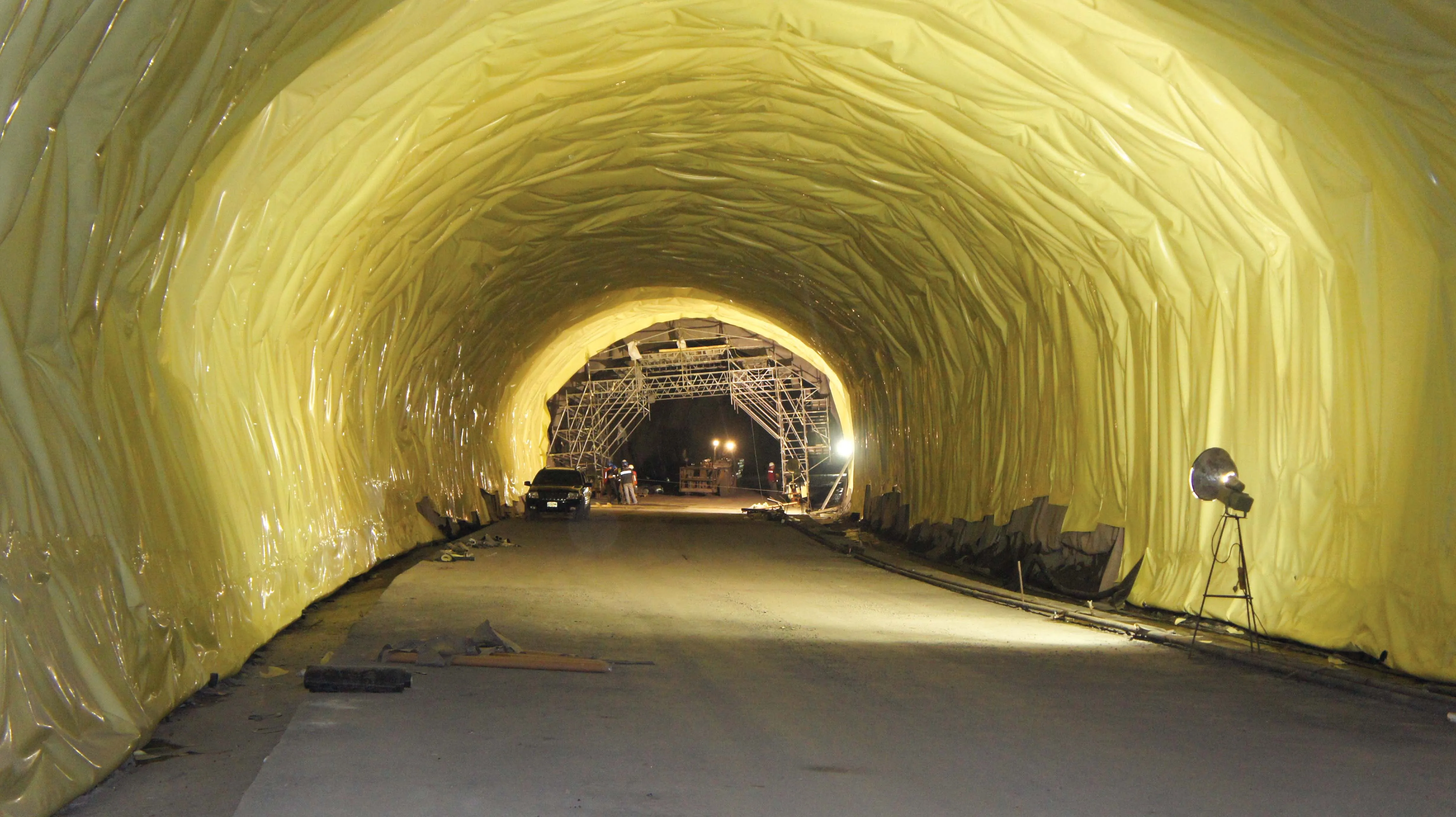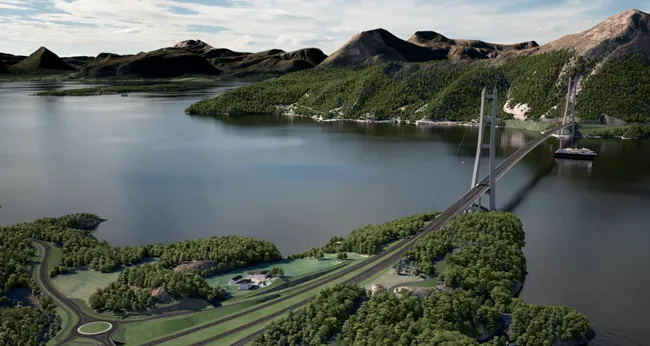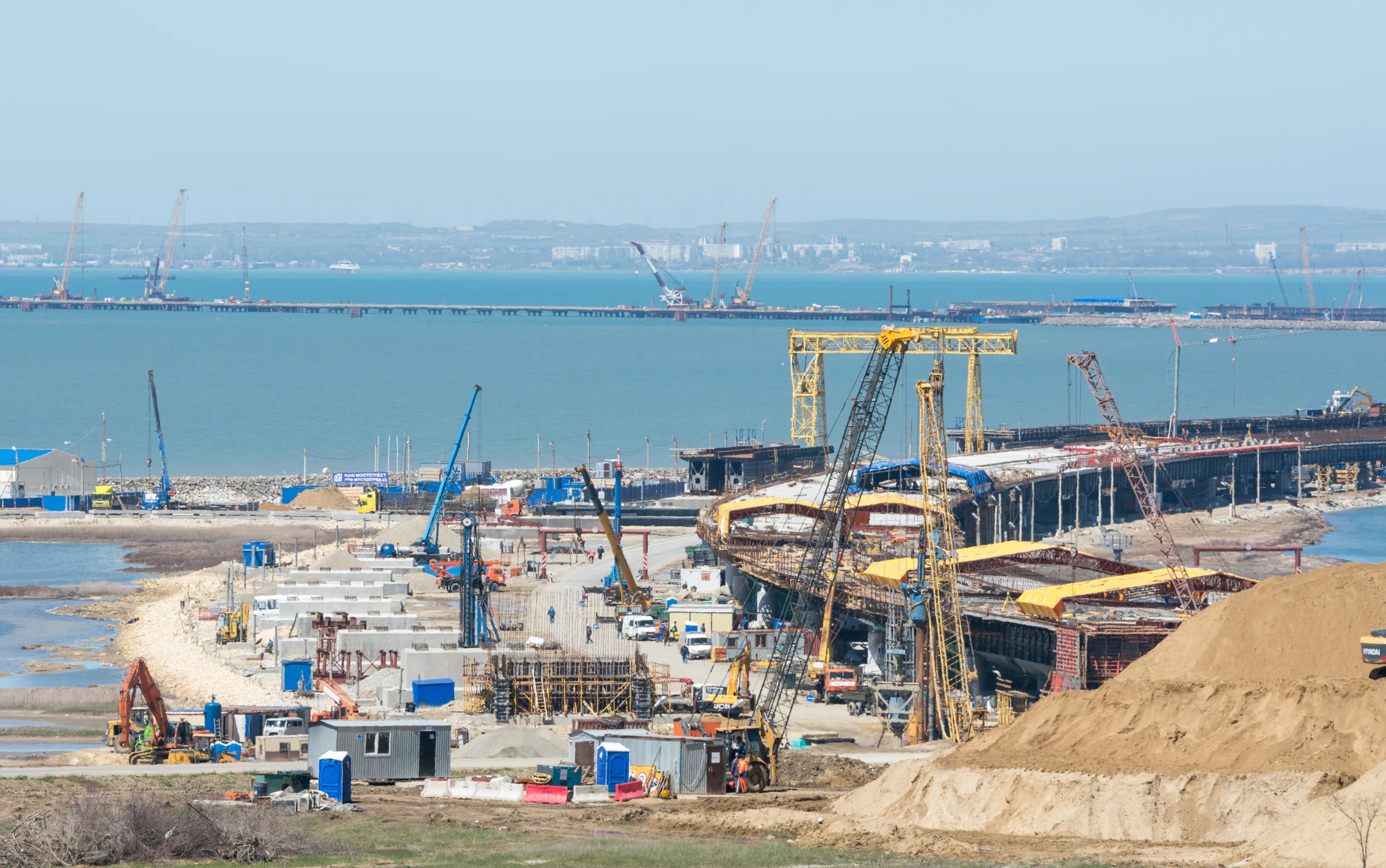Interest is strong in the proposed tunnel linking Chile and Argentina. Some 37 companies have shown expressions of interest in the US$1 billion Agua Negra road tunnel. This includes 22 consortia and includes Latin American firms such as Panedile, Techint, Camargo Correa, Jose Cartellone. It also includes the Chinese firms China Railway Construction Corporation, China Railway Bureau Group, China State Construction Engineering Corporation and Sinohydro Group. Daewoo, Hyundai Engineering and SK Eng & Construct
October 30, 2013
Read time: 2 mins
Interest is strong in the proposed tunnel linking Chile and Argentina. Some 37 companies have shown expressions of interest in the US$1 billion Agua Negra road tunnel. This includes 22 consortia and includes Latin American firms such as 2429 Panedile, Techint, Camargo Correa, 1390 Jose Cartellone. It also includes the Chinese firms 6590 China Railway Construction Corporation, 890 China Railway Bureau Group, 5711 China State Construction Engineering Corporation and 5544 Sinohydro Group. 3086 Daewoo, 5739 Hyundai Engineering and SK Eng & Construction from South Korea are also interested in the project. A bi-lateral body, Ebitan, is administering the applications, which have come from firms in Brazil, China, Italy and Korea, as well as local companies in Argentina and Chile according to Business News Americas. A list of prequalified companies is being released while the tender process is set to open in early 2014. The link will feature twin tunnels nearly 14km long connecting Argentina's San Juan province with Chile's Coquimbo region (region IV). The tunnel is of enormous economic importance to both Argentina and Chile and will help transport and trade between the two countries. The new tunnel will be able to carry traffic that presently has to use either another tunnel, or a dangerous mountain pass that is often closed in poor weather and is not suitable for heavy vehicles. As well as the twin tube tunnel itself, the project also includes upgrades to some 50km of roads in Region IV that will lead to the portal. Work will also be required to improve an airport in Region IV and improve routes 41, 43 and 45 in the region. Construction of the Agua Negra tunnel will be challenging however as both portals are at altitude, which poses severe limitations on the performance of both personnel and equipment. Winter weather conditions can be tough and access to the portal areas can be tricky in poor weather, which will further add to the challenges the construction team will face.








